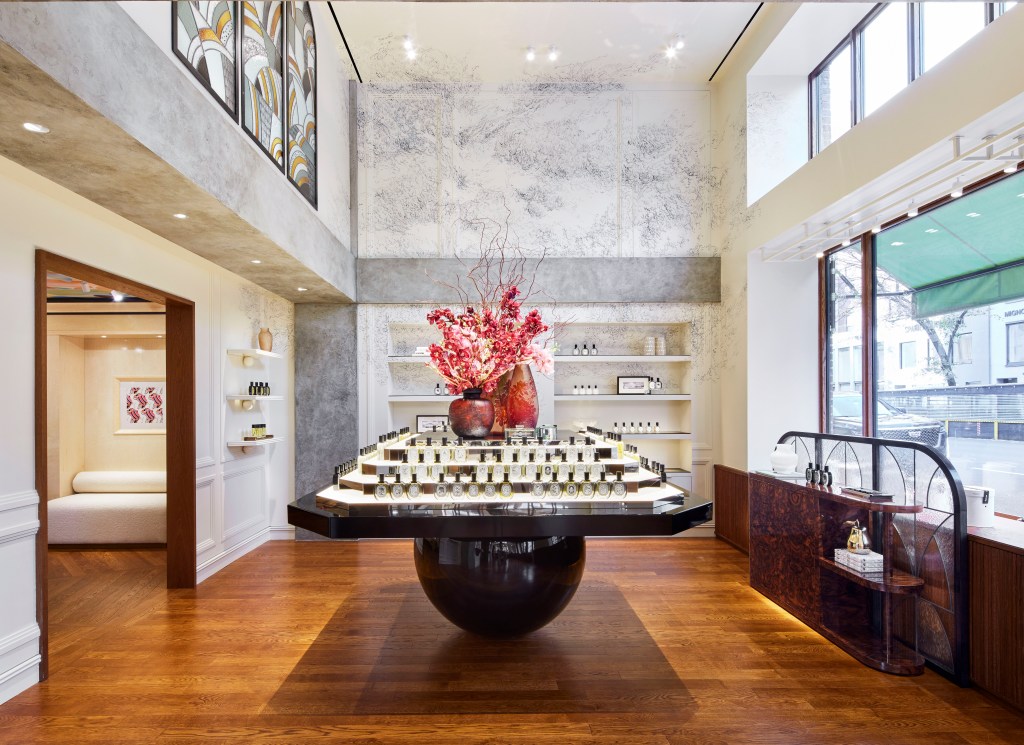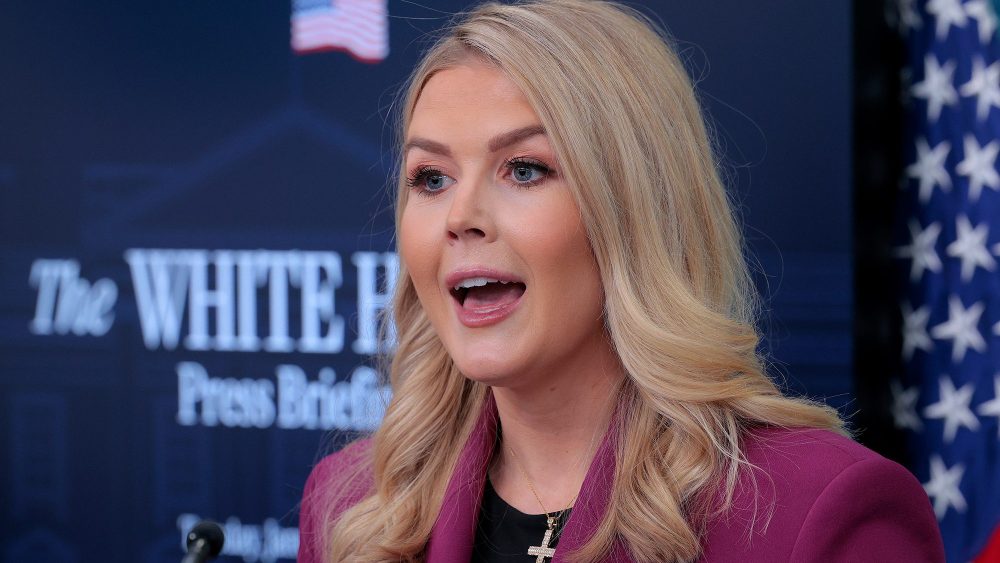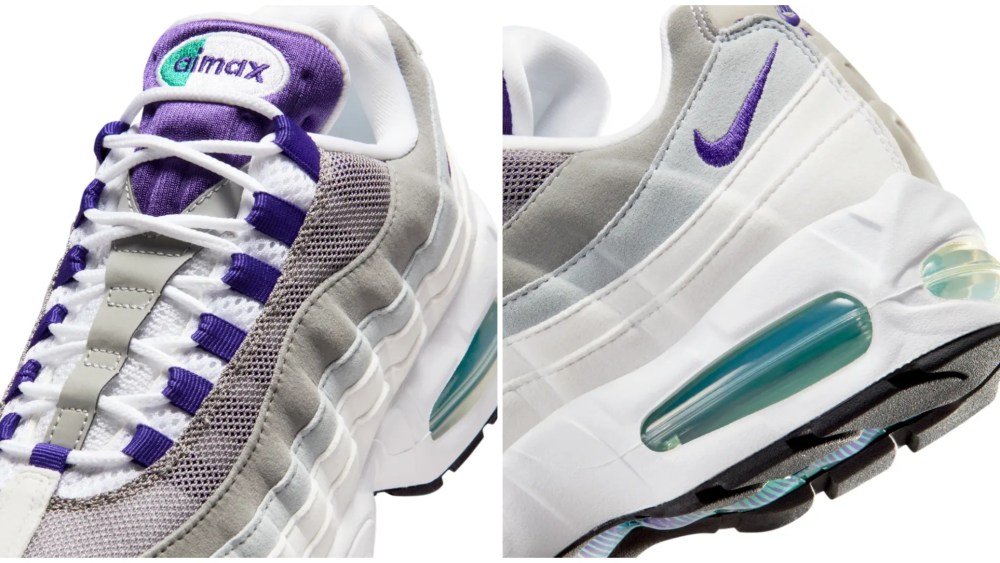Fragrance brands are forging their own paths.
Amid a slowdown in e-commerce sales in the category and a shifting beauty retail environment, players in the ultra-luxe fragrance space are looking to a different channel to propel growth — their own stores.
Bond No. 9, Diptyque Paris and Trudon are just a few of the fragrance brands that have opened or expanded their stand-alone boutique businesses in New York earlier this year. The benefits include brand-building, service and storytelling, and have proven incremental to scaling as niche brands.
Fragrance headed strongly into the all-important holiday sales period, with 13 percent growth in the third quarter, according to Circana. But luxury sales have slowed — up only 1 percent in units.
Related Articles
“We started to see a fragrance shift in terms of the things that consumers are purchasing in the category,” said Larissa Jensen, vice president of beauty, Circana. “Designer brands are still the big piece of the pie, but in luxe — $300 and up — we’re seeing a softening.”
Jensen attributed that waning momentum to changing consumer preferences, contending that those looking to build out a fragrance wardrobe have simply completed their collections. That lower spend is also consistent with macroeconomic trends.
“Student loan repayments and disruptions happening globally — there’s so much economic uncertainty and we’re feeling that in every industry,” Jensen said. “In fragrance, after all of these years spending on high price-point fragrances, that’s not the focus anymore. The category that’s taking off in luxury is the lowest-price category: makeup.”
Specialty retailers like Sephora and Ulta Beauty maintain their stronghold on color cosmetics, and are also fueling the growth of lower-priced fragrance brands like Ellis Brooklyn and The Seven Virtues.
But it’s department stores, especially Macy’s, that still hold the most share in the category, while e-commerce hasn’t gained share since 2021, Circana said.
“In fragrances, you have a lot of wholesale distribution — that’s important because multibrand is attractive for consumers who want to sample a lot,” said Oliver Chen, a retail analyst at TD Cowan. “Department stores have a strong curation and trust power. A lot of people may not be fragrance enthusiasts and they also are partially passing through a department store as a one-stop shop.”
Ultra-high-end scents, though, are finding the best means to expanding distribution is through their own stand-alone boutiques.
“If you’re a fine brand, you should always have a store. Customers want to visit you in a store,” Chen said. “By the time you have one, you should have a full expression, and for brands, they’re very important for that emotional connection.”
Industry consultants and retail veterans Ed Burstell and Sandi Burrows also attribute the rise in stand-alone boutiques to brands building client relationships and telling their own stories.
“There’s no more being cool by association, no one has stepped up to take Barneys’ place,” Burstell said, referring to Barneys New York, the specialty store that was known for launching brands like Editions de Parfum Frédéric Malle and Byredo before it shuttered in 2020. “Particularly through the pandemic, everyone had a values readjustment. If you’re not able to create this depth of emotional connection, it’s not going to work.
“There’s not an American retailer spending one penny of their marketing budget building you — that onus is on you to create that culture and buzz and awareness. Then, when you go to a larger department store, you have negotiating power,” Burstell continued.
Echoed Burrows, “Talking about niche brands, starting in a big store is a mistake. There are brands that were very fortunate because they got started when you could create a cachet and a cult following, and they did it at places like Barneys. But retail has changed, and the focus has changed. The trick is getting to tell your story in a way that connects to people.”
A slew of high-end fragrance brands have entered or gone deeper into the New York market this year with their own stand-alone boutiques, which offer an entire brand expression and the potential to scale profitability. Earlier this month, Diptyque inaugurated its new flagship store — nearly double the footprint of its predecessor — on Madison Avenue.
“Diptyque is a brand that has a unique positioning beyond perfumes — it’s a total lifestyle vision,” said chief executive officer Fabienne Mauny. “It’s important we showcase this amazing offer in our own stores, and that’s why we have been opening stores in different regions, including North America, where we currently have 31 stores.”
The flagship entryway is flanked by personal fragrances on one side, and classic candles on the other. “The discovery of these two key collections is an experience; we want people to come and try different things,” Mauny said.
The boutique came after the success of other Diptyque storefronts, both globally and in New York. “We have seen more and more interest in this segment of the market, particularly with a younger generation that’s looking to express themselves with perfumes that reflect personality. We see that in all markets,” Mauny said. “More new customers are coming to discover those fragrances, testing them, smelling them without any preconception of what’s for them and what’s not.”
Service is key at Bond. No. 9, said founder Laurice Rahmé, who opened an uptown boutique in New York to complement its downtown flagship earlier this year. “What’s happening online is there’s no service, so people don’t buy perfume. They go to a store, they expect to take their time, get some samples, take them home and learn continuously. They need the time, which you cannot get in a department store either because there’s so many brands.”
Rahmé said her own boutiques stand as a portal of discovery for new and existing clients, while department stores present a replenishment opportunity. “When you take your time with customers, they come back and they’re very loyal,” she said. “Driving that loyalty is very important to us, and one way is to be generous with services and samples, and with knowledge, and you also need newness. People always ask us for what’s new.”
Foot traffic has also been high for Trudon, the legacy home and personal fragrance brand, which recently moved its New York boutique to a central location on Spring Street. “Our new boutique is performing extremely well and we’re very satisfied with the move,” said Julien Pruvost, the brand’s creative director.
“The regular way of doing things is opening a lot of doors to signify your presence. We’re very profit and loss-sensitive, and we like to open stores that are meant to be profitable on their own. We’re not counting on a massive network of stores to have some over-performers even out the ones that don’t perform at all. We want each store to prove its worth, and our stores are doing very well.”
Trudon opened boutiques in Los Angeles, Melbourne and Shanghai earlier this year, with more to come in Dubai and London in the coming months. There’s still a huge focus on North America, Pruvost said. “We’re looking at places like Florida and Texas. The U.S. market is going to be quite dependent on us opening up stores that are going to be in symbiosis with our online store.”


